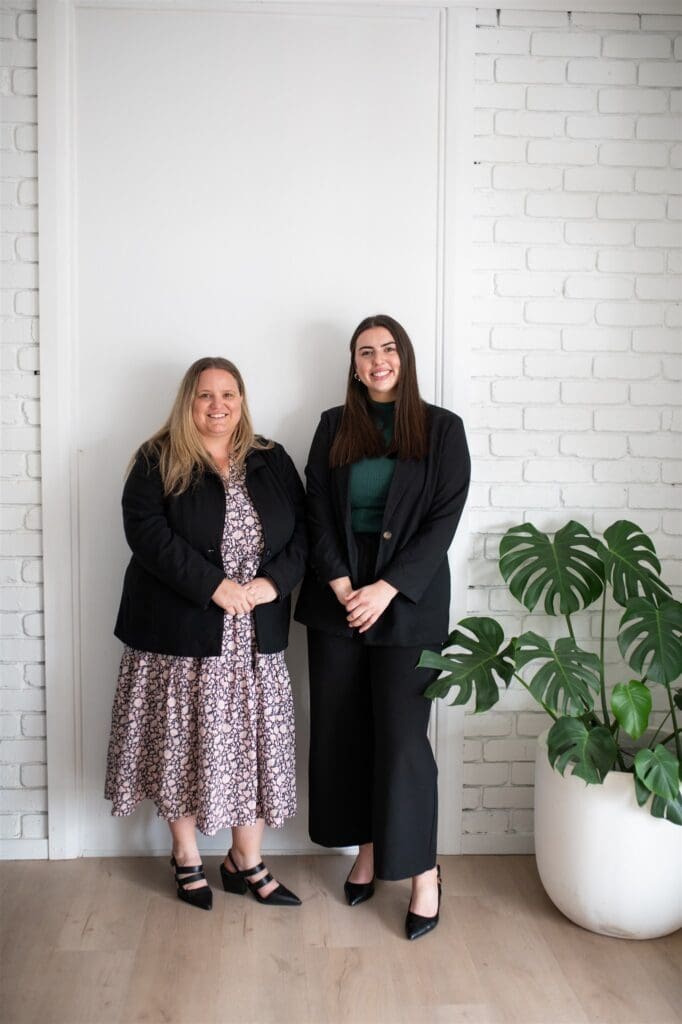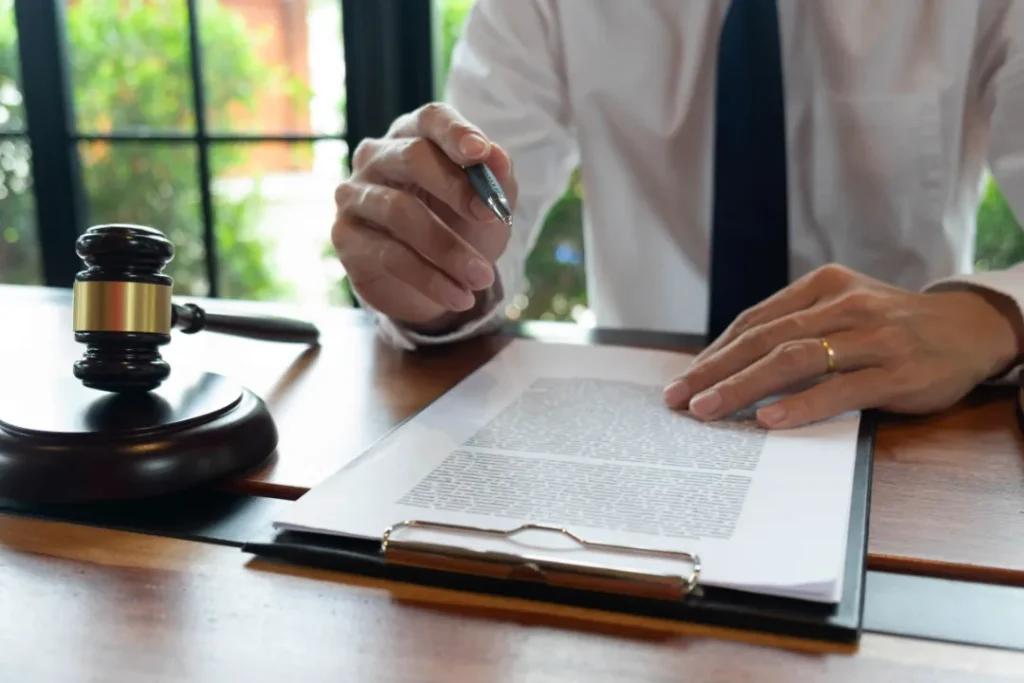OUR SERVICES
Wills & Estates

Protecting what matters. Planning legacies.
When it comes to your estate, your Power of Attorney and your advanced care directive, that gives your family the ultimate clarity, protection and reassurance… your final wishes are our first priority.
Wills
Creating your own Will is fraught with danger. We’ll carefully draft a Will that’s valid in the eyes of the law — so you can minimise the chance of any claim against it and ensure your loved ones, interests and assets are protected, well after you pass.


Power of Attorney (POA)
Whether you’re going away and need someone to manage your financial affairs on your behalf, or you want to know that the right decisions will be left to the right person when you can’t make them for yourself; we’ll help you choose and prepare the right POA for your specific needs.
Advanced Care Directives
You can’t predict the state of your health. But you can decide how you’d like to be treated when you can’t make decisions for yourself. With an Advanced Care Directive (ACD), we can ensure your wishes are granted — and legally enforced — should you be affected by severe illness/injury.


Contested Estates
Navigating the complexities of contested estates requires experienced legal guidance. Our team specialises in resolving disputes arising from wills, trusts, and estate distributions. From negotiation and mediation to litigation, we are committed to securing favourable resolutions while minimising stress and uncertainty for our client.
Enquire Now
"*" indicates required fields
Wills & Estates
Frequently Asked Questions
What happens if I die without a Will?
It can be very dangerous if you don’t have a Will as your assets will be divided according to a legal formula which may not suit you and your loved ones. You will not be able to choose how your assets are divided or who will be responsible for managing that division.
To ensure that you decide what happens with your life’s work, make sure you have a legally binding Will in place.
Who will carry out the terms of my Will?
In your will you will appoint an Executor or Executors. An Executor or Executors will have the power to control your property after you die. They are responsible for dividing your assets in accordance with what you have stated in your will.
Can you keep my Will safe for me?
Usually we recommend that you keep the original Will in a safe place such as a safe or safety deposit box at the bank. We will keep a copy of your Will for you.
It is always a good idea to tell a loved one, or the Executor/s, or both, where your original Will is kept as they will need it soon after your passing.
What if I don’t have an Enduring Power of Attorney?
If you don’t have an EPOA the Guardianship Board may have to appoint a financial manager to make these decisions for you. The person or organisation appointed as your financial administrator will not necessarily be who you would have chosen. This may be stressful for those involved and can cause considerable conflict and anguish among family and friends concerning who is appointed to make decisions on your behalf.
Who should be my Power of Attorney?
We recommend that your Power of Attorney (enduing or otherwise) is someone that you trust and believe will always act genuinely with your best interests at heart. Often that is a family member or a good friend. Sometimes it can be an accountant or financial advisor.
Your Power of attorney must be 18 years or older and must have capacity.
What is Probate?
Probate is the process of proving and registering the last Will of a deceased person with the Courts. Sometimes you won’t need Probate (when the estate is small and has no real estate) however usually, Probate will be needed to allow the Executor to deal with the estate.
You would likely need Probate to transfer real estate, money in the bank or shares. The relevant institution would require you to provide a certificate from the Probate Registry.
Is probate hard to do on my own?
Yes. The rules imposed by the Supreme Court in making and Application for Probate are tedious and difficult to understand. Any error in the forms can result in unnecessary delay. Obviously, when someone has passed, the last thing you want is further difficulty.
Our office locations
657 Portrush Road, Glen Osmond SA 5064
Shop 5, 7 Gawler Street, Nuriootpa Sa 5355
Tamblyn House, 17 Vaughan Tce, Berri SA 5343
Liability limited by a scheme approved
under Professional Standards Legislation
